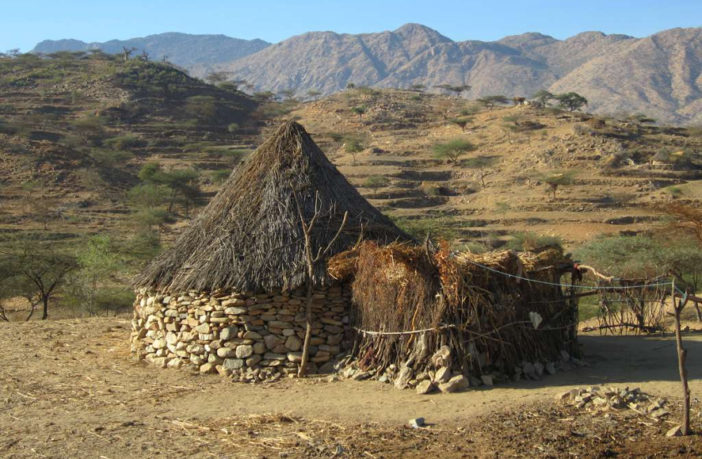Most traditional cultures in the world place significant value on the marriage ceremony. As a result of public knowledge, the marriage rite is held in high esteem. Different principles govern the practices of engagement and marriage in different cultures.
The Bilen (sometimes spelled Blin), one of the nine ethnic groups of Eritrea, are a Cushitic tribe in Eritrea. They were formally referred to as the Bogo, Bogos, and North Agaw. Most Bogos live in and around Keren, in central Eritrea, and some in the southern region, near Asmara, the capital.
They make up around 2.1% of the population of Eritrea and are primarily involved in agriculture. In addition, their language is reportedly called Bilen. Weddings are very much a family event in this culture. There is no choice for either partner in the marital future. Sources say that if a couple marries without the consent of their parents, the man who woos the woman must pay some money and give an ox as compensation.
During the engagement, the boy’s father can’t give anything of value to the girl’s father. In truth, the girl’s father is obligated to provide the boy’s father with a cow or an ox. It is also believed that in this culture, a future marriage between a boy and a girl can already be planned for them while they are still in their mothers’ wombs.
In Christian communities, the two people involved must not have been related by blood for many generations. In Muslim communities, however, a strong blood kinship is required. The bride should also be beautiful, wealthy, and healthy.
The joshuaproject.net reported that Christianity and Islam are both widely practiced by the Bilen people. Most Muslim Bilen live in the countryside, mixed with the nearby Tigre. On the other hand, most Christian Bilen live in the cities and have combined with the Tigrinya. Sunni Islam is followed by half of the Bilen, while different Christian groups are followed by the other half. In the Bilen culture, newlyweds might enjoy their honeymoon for up to three months.
One of the most interesting things about Eritrea is how well its nine ethnic groups work and live together. Eritrea’s strong nationalism and sense of unity can be traced back to the country’s deeply rooted culture of equal respect and tolerance, which is unusual in a world where people are becoming increasingly alike.
The well-loved motto “unity in diversity” is summed up by these great qualities of harmony and respect for each other. Each ethnic group has its own rich culture and traditions. This makes the country stand out as a multicultural nation, even though all ethnic groups tend to stick together.
Traditionally, the Bilen community has been structured around kinship networks. The women in this society are easy to spot because they wear brightly colored clothes and gold, silver, or copper nose rings to show their social status.


